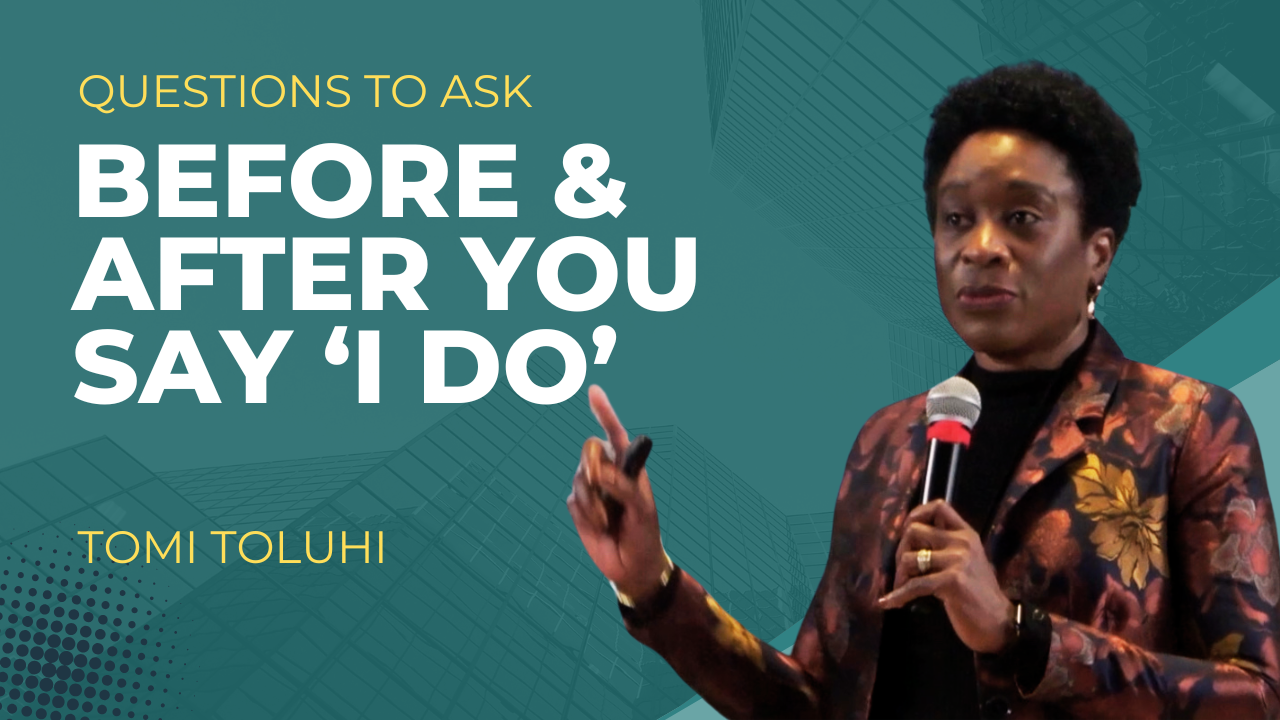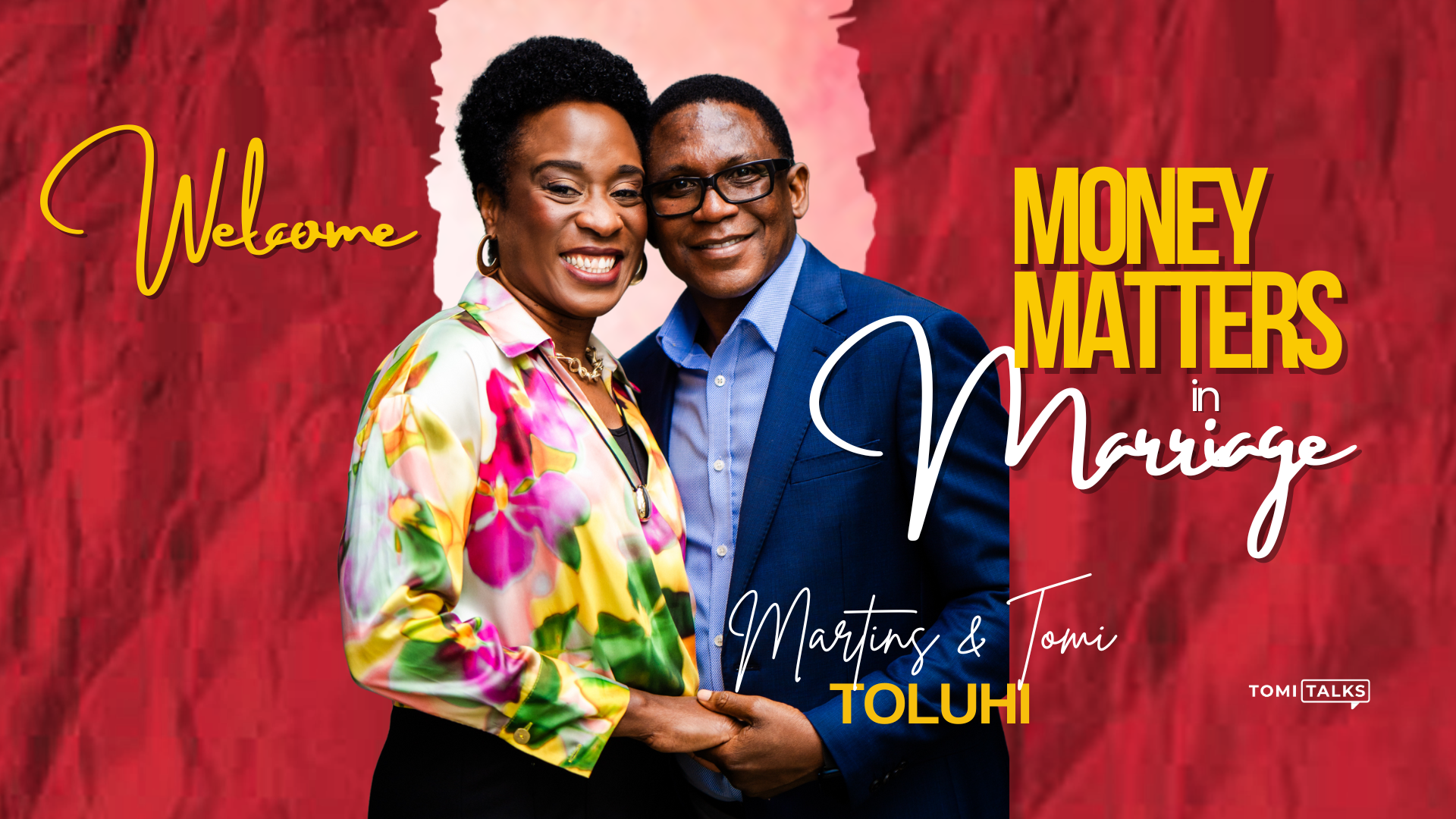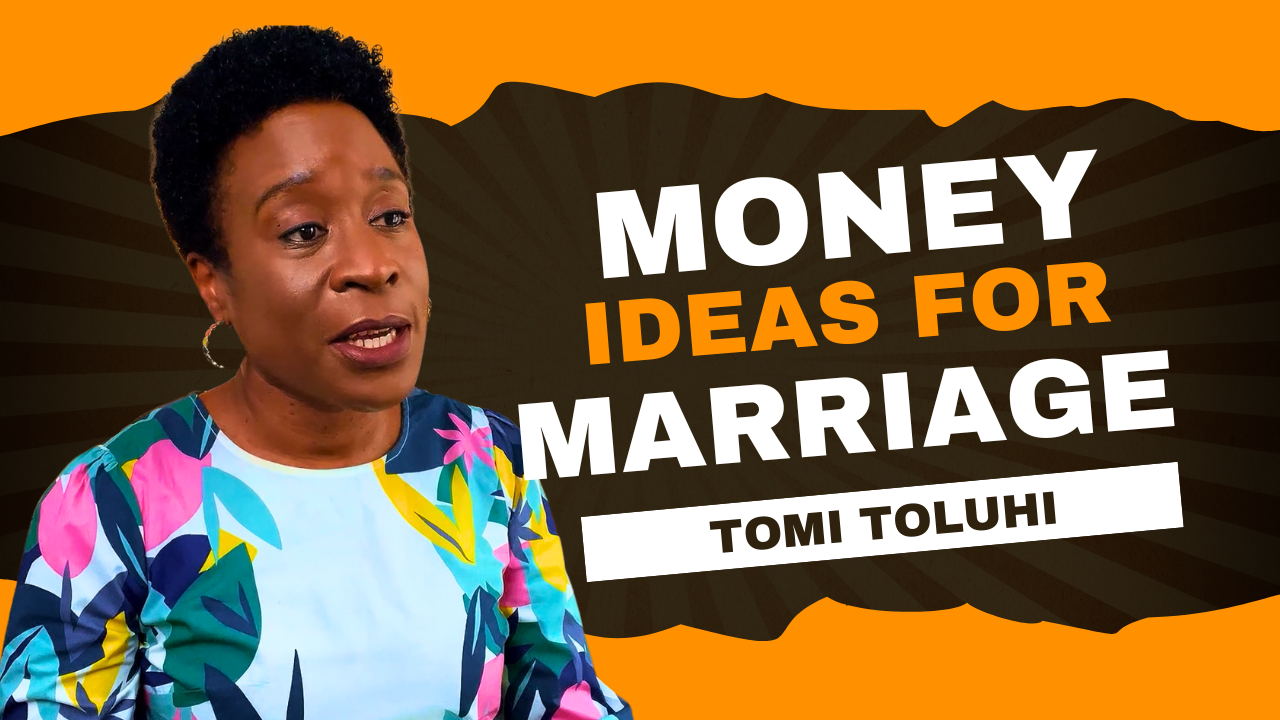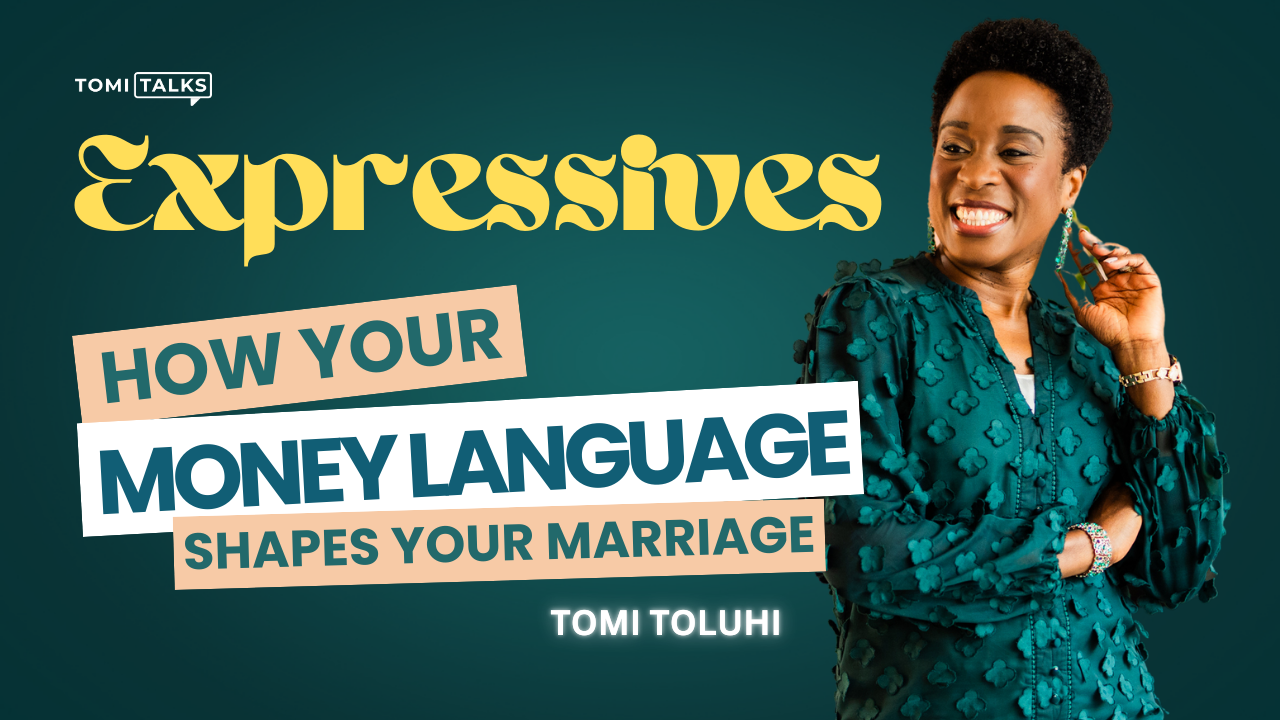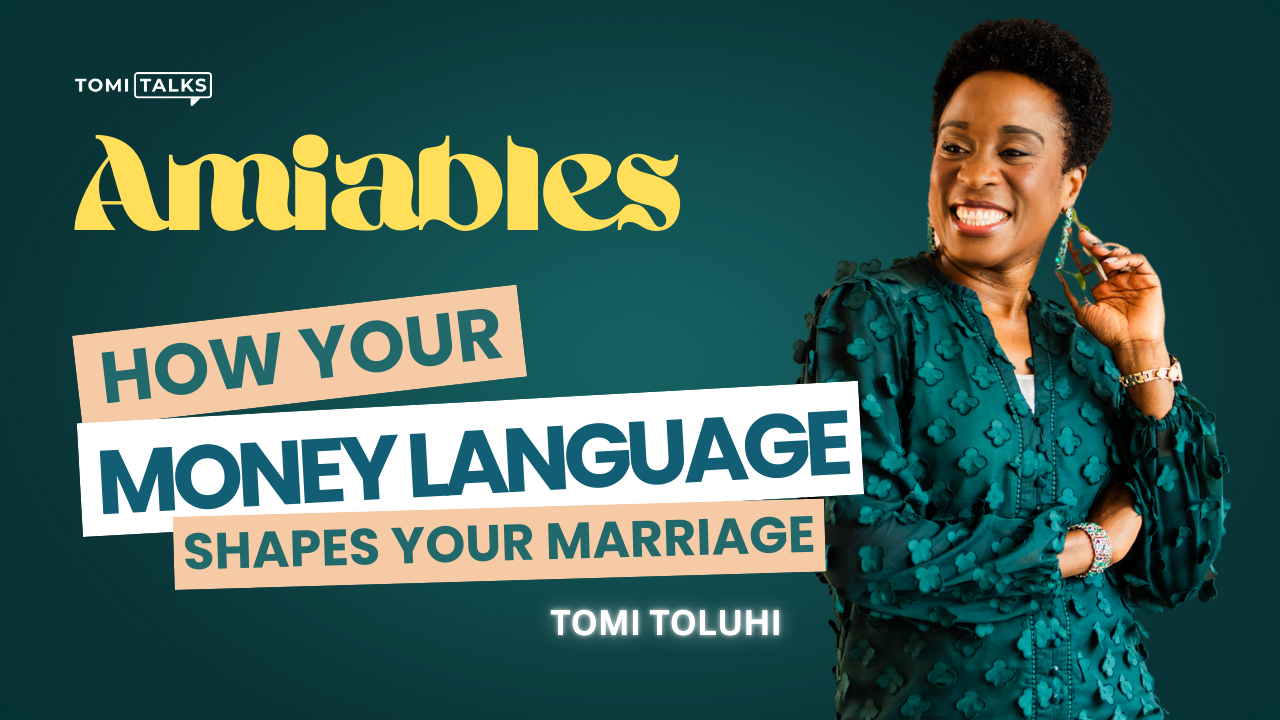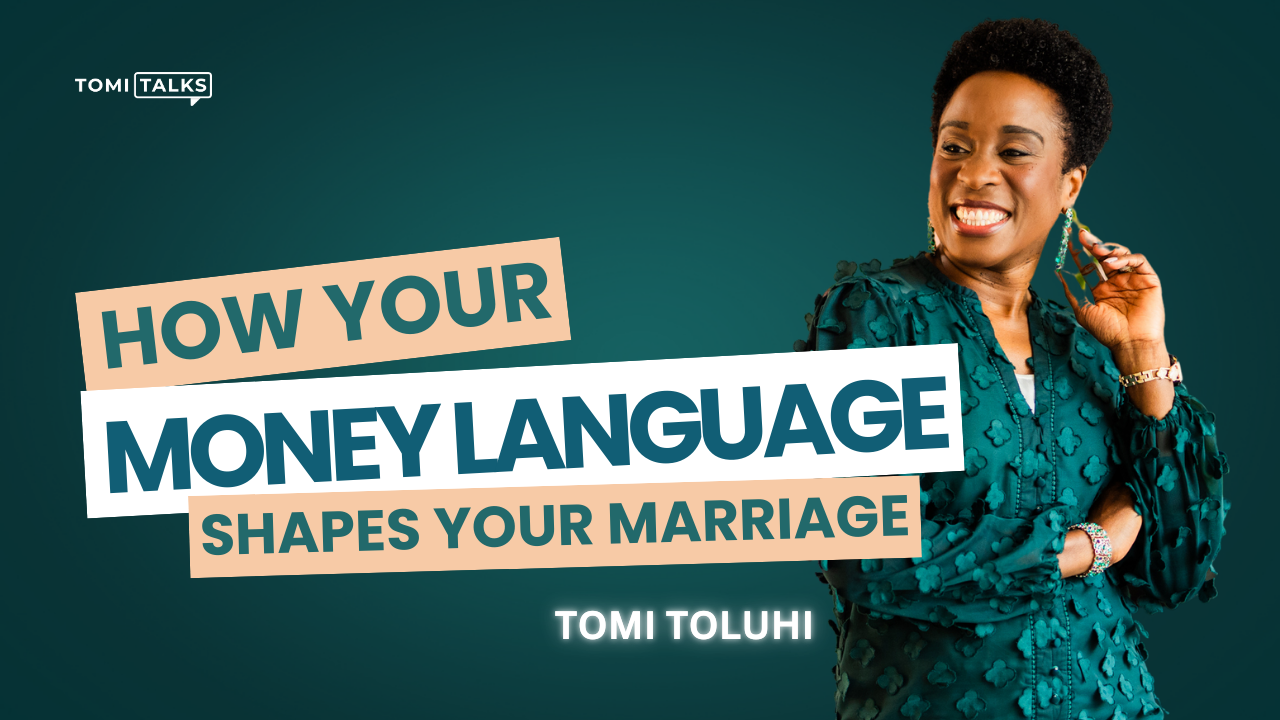Will you love your spouse in ten years’ time?
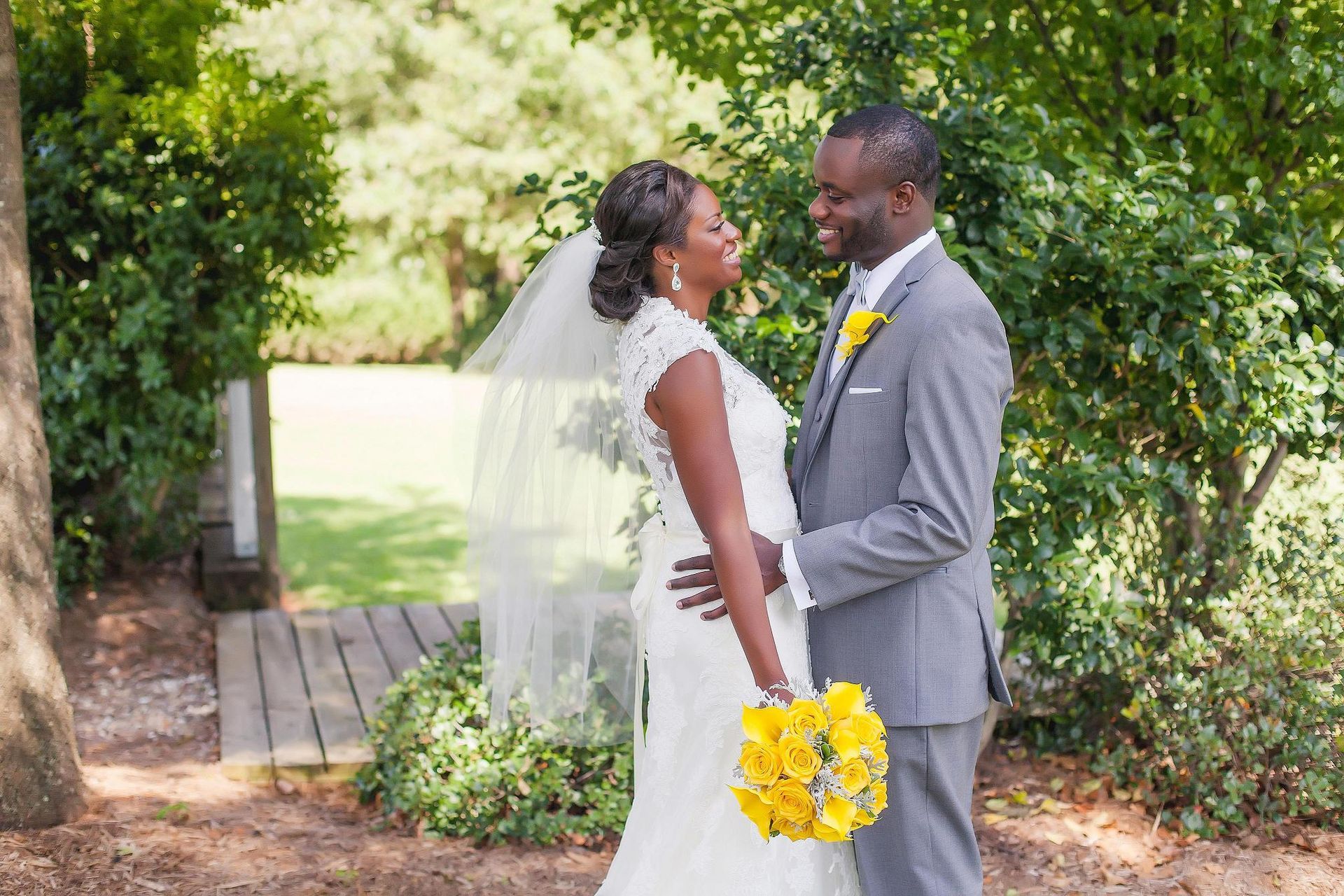
You might be wondering whether this is a trick question. ‘How can I possibly know what will happen ten years from now?’ someone might ask. Yet, the very institution of marriage is founded on a promise of lifelong love. When we stand at the altar and make vows to our spouse, all too often we don’t think about the implications of the words we are saying. We are too starry-eyed, light-headed and weak-kneed to think about how far reaching the promises are which we are making to another person. ‘To have and to hold, to love and to cherish, till death do us part’ is a very audacious promise. How do you know what ten years’ time will hold for your love for this person, let alone fifty years? How can you be so sure you will still love them that far down the road? The answer is in a short Greek word which you probably know, even if you don’t speak Greek. That word is Agápē.
Agape is unlike any other type of love in that it is not externally motivated. It is a totally spontaneous love, given without condition or prerequisites, and is not dependent on what a person does or doesn’t do. There are various types of love appropriate for different contexts but every other type of love is based on an expectation of reciprocity from the other person. Friendship love is based on an expectation that someone will be kind and friendly towards you. Sexual love has as its basis an expectation that your sexual needs will be met by your spouse. Affectionate love, the sort which exists between parents and children for instance, also possesses an element of expectation. In his book, ‘The Four Loves’ , C.S. Lewis explores this concept and makes a distinction between what he calls ‘need-love’ and ‘gift-love’. Agape love is the one type of love that fits the gift-love description because it is a love that is totally without expectation; it is based on a desire to give, not a need to receive. This is the God-kind-of-love which is why we can never do anything to make God love us any more or any less. He loves every human being regardless of whether we love Him in return.
One of the most important qualities of Agape is that it is a love based on decision, not emotion. The fact that Agape is not dependent on how you feel at any particular moment makes it totally predictable. Predictability may not sound nearly as exciting as romance and passion but it is the stuff that enduring marriages are made of. You may be able to depend on sexual love and friendship to spice up your marriage, and we definitely need that, but Agape simply gets on with the job of loving practically, without a hint of drama. Romance and friendship is only meaningful within the atmosphere of permanence which Agape brings to your marriage. Need-based love may get you to the altar but only a giving-based love will be able to sustain you throughout a lifetime lived with another fallible human being. Agape gives 100% every time without looking at what it receives in return. There is no greater freedom than the freedom to love without being controlled by the responses of the other person.
Agape differs from the other types of love in that it is not a feeling; it is a motivation to act for the highest good of another person, whether they deserve it or not. This is a motivation that we are either free to accept or reject which is why Agape is not a feeling-love; it is a decision-love. This is the sort of motivation alluded to when Proverbs 31:12, speaking about the relationship of the Virtuous Woman with her husband, categorically states that ‘She does him good and not evil all the days of her life’. It doesn’t say she feels good about him all the days of her life; it says she does him good. Agape love is about doing, not feeling. When your actions towards your spouse become independent from your feelings, you are on the path to enduring love. Feelings are cyclical so they will come and go in waves, but your decision to love remains consistent.
Similarly, Ephesians 5:25-28 commands husbands to exercise themselves in the same sort of doing love. ‘Husbands, go all out in your love for your wives, exactly as Christ did for the church— a love marked by giving, not getting . Christ’s love makes the church whole. His words evoke her beauty. Everything he does and says is designed to bring the best out of her, dressing her in dazzling white silk, radiant with holiness. And that is how husbands ought to love their wives.’ There is no reference here to feelings, only action. Everything a husband says and does should be motivated by his desire to bring the best out of his wife.
Agape simply means daily choosing to do good to someone whether we feel like it or not. This is an important distinction. It is an action-oriented love, based on day-by-day, moment-by-moment decisions. Every day, as you interact with your spouse, you will be faced with the Agape-choice and the need-based-choice. If you choose Agape every time, you are guaranteed to make it past the tenth, twentieth and even fiftieth wedding anniversary mark without running out of love to give. So what do we do at those moments when we really don’t feel like loving our spouse? Let’s be honest, your husband or wife is not always lovable and neither are you. The beauty of Agape love is that we don’t have to depend on our human nature to produce it. 1 John 4:7-21 makes it clear that Agape has its source in God. Basically, it is a super-human love which we all have access to when we get to know God intimately. Romans 5:5 puts it this way, ‘…God’s love has been abundantly poured out within our hearts through the Holy Spirit who was given to us.’
How refreshing to know that we can never run out of the ability to love selflessly when we depend on God. All the resources to love your spouse relentlessly through the various seasons of life have been deposited in your heart by the Holy Spirit. I pray constantly that God will give me the ability to love my husband with an action-oriented, decision-based love that never grows tired. I encourage you to do the same because that kind of love will see you through all the seasons of your marriage and you will still be going strong decades from now.

